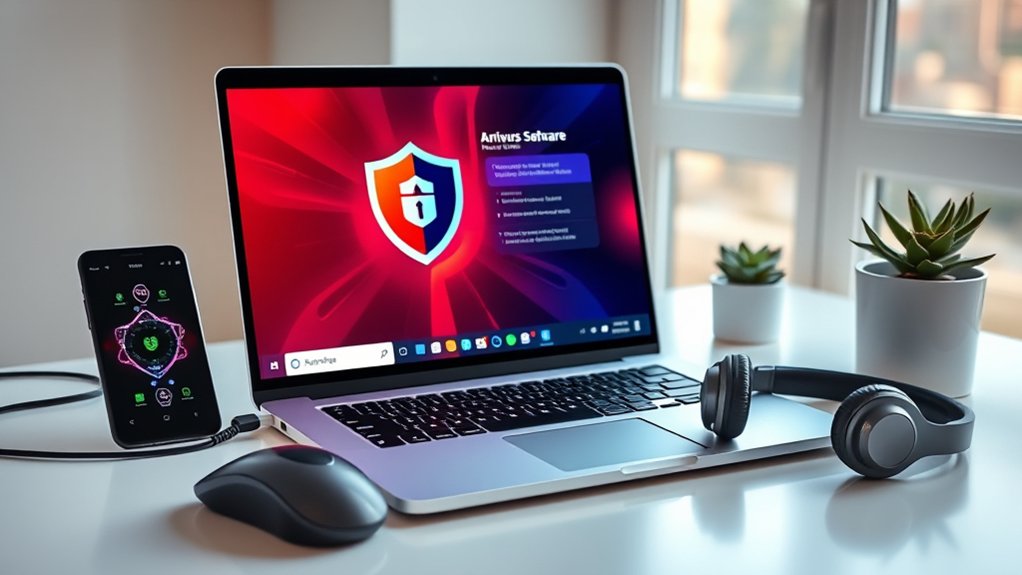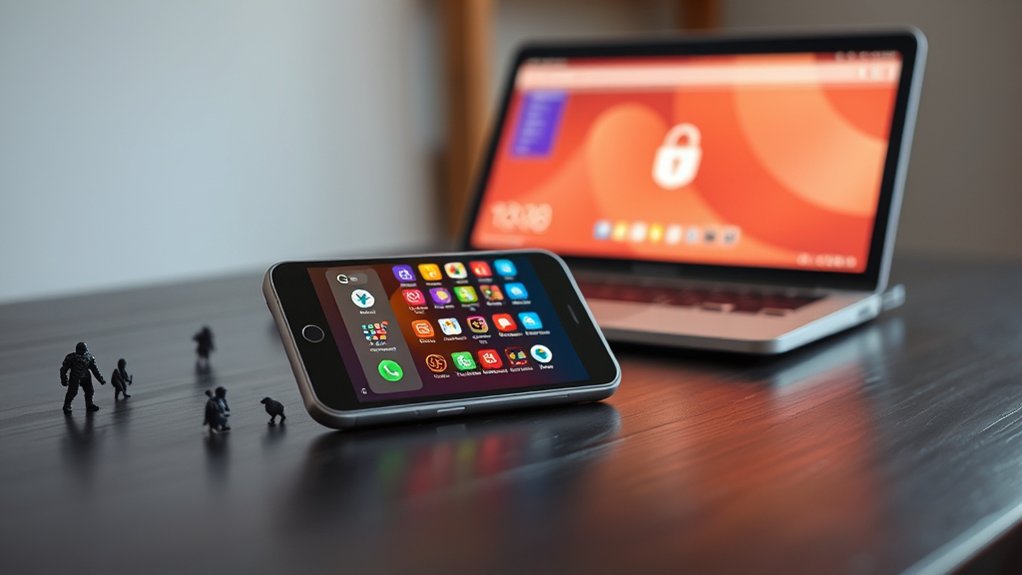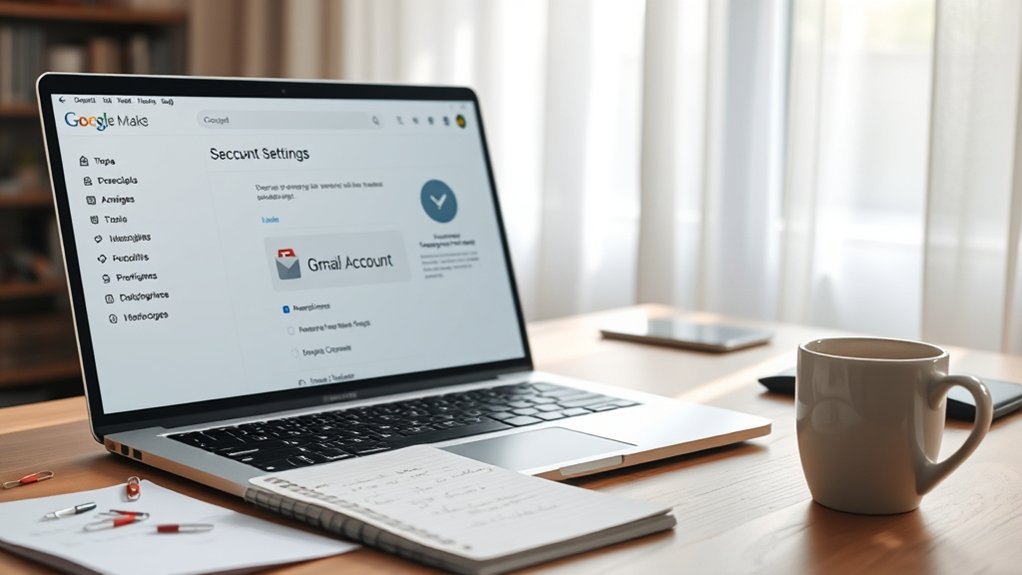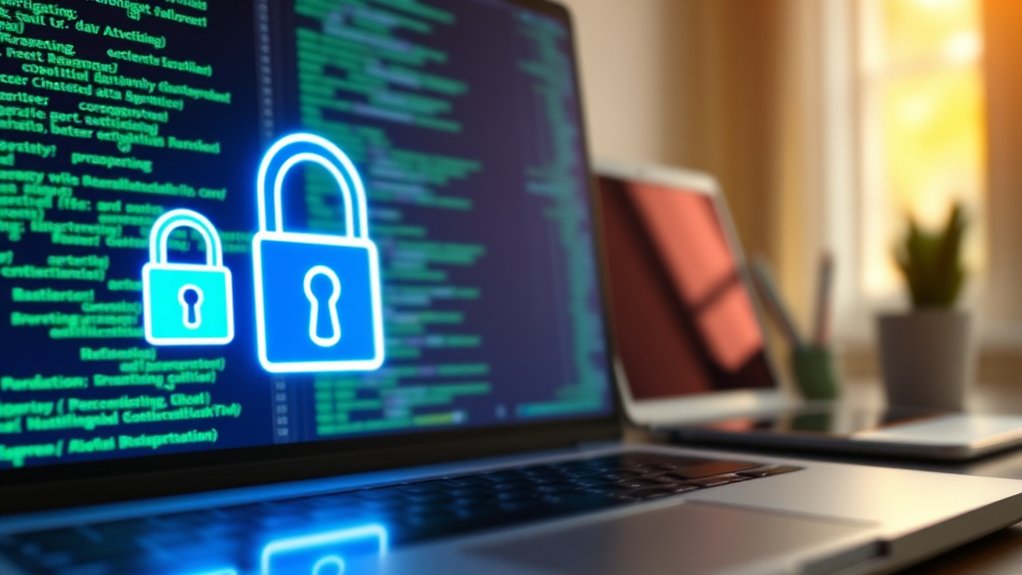Several reputable free antivirus options provide effective malware protection today. Among them, TotalAV is noted for its excellent malware detection and system tune-up tools. Avira Free Antivirus offers real-time protection, whereas Bitdefender Antivirus Free features ransomware defense. AVG Antivirus Free is recognized for its deep scan capabilities. Even though these solutions lack some advanced features of paid versions, they cater to various user needs. Understanding their strengths and limitations can inform a more suitable choice for individual cybersecurity requirements.
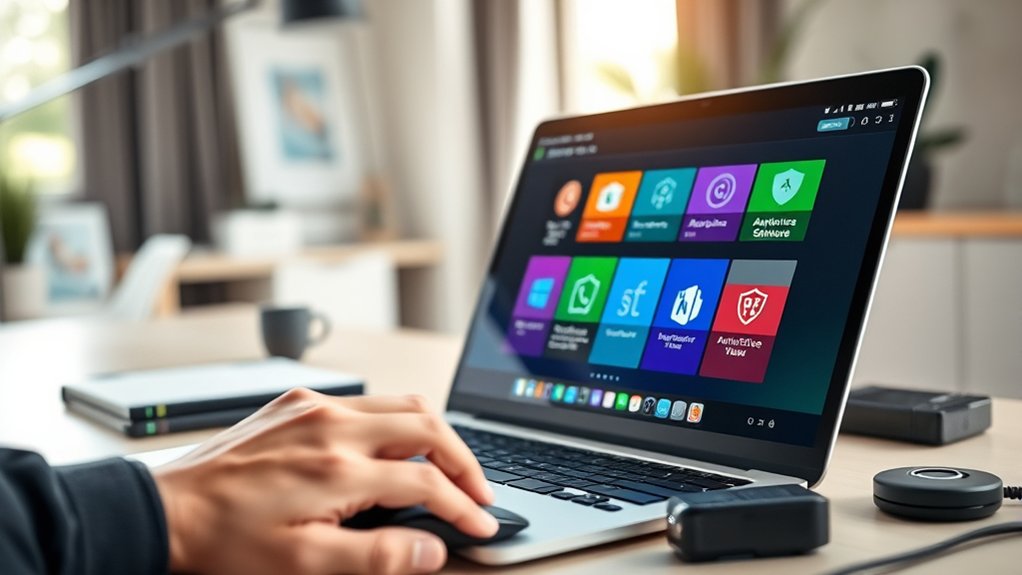
What Are the Best Free Antivirus Options Available Today?
Best Free Antivirus Options
In an era where cyber threats are increasingly sophisticated, selecting an effective free antivirus solution has become necessary for computer users seeking protection without financial investment. Importantly, several free antivirus options have gained recognition for their strong features and capabilities.
TotalAV stands out because of its excellent malware detection system, data breach scanning, and system tune-up tools. Compatibility is a strong point, as it supports Windows, macOS, iOS, and Android platforms. Moreover, TotalAV offers real-time protection, a vital feature that many free antivirus software solutions lack, alongside advanced web protection features and free decryption tools. Choosing antivirus software from reputable companies is crucial to avoid malware threats and ensure optimal cybersecurity during online activities.
TotalAV excels with its robust malware detection, cross-platform compatibility, and essential real-time protection features.
Avira Free Antivirus is a popular choice, providing real-time protection against malware and phishing attacks. Bitdefender Antivirus Free improves user security with its ransomware defense and offers similar real-time monitoring capabilities. AVG Antivirus Free is recognized for its deep scan functionalities and real-time protection, providing adequate defense for users needing a reliable software option.
On the other hand, Malwarebytes Free specializes in malware removal but does not include real-time protection, which can limit its effectiveness.
While these free antivirus solutions demonstrate strong capacities, they too have limitations. Most lack advanced features, such as thorough ransomware protection and dedicated firewalls. Customer support for free versions tends to be less extensive compared to their paid counterparts, and there may be hidden costs, including advertisements or data collection practices.
Moreover, performance impact is a common concern, particularly during scans, which can lead to system slowdowns.
To effectively choose the right free antivirus, users must assess their individual needs, focusing on malware detection rates and device compatibility. It is also significant to evaluate extra features, such as web protection, which can provide improved security. Alternatives like Malwarebytes and Windows Defender may suit specific user scenarios, but are not universally applicable solutions.
Thoughtful evaluation of these options will empower users to secure their devices against cyber threats.
Frequently Asked Questions
Can Free Antivirus Software Slow Down My Computer?
Free antivirus software can certainly slow down a computer by utilizing substantial system resources, such as CPU and RAM.
For example, whereas Avira Free Antivirus features a software updater that may increase load, Bitdefender Antivirus Free Edition is designed to minimize performance impact.
Moreover, AVG Antivirus Free often prompts upgrade notifications, further straining resources.
Evaluating CPU usage during scans is crucial for maintaining performance, as some platforms balance virus protection and system efficiency more effectively.
How Often Should I Run Scans With Free Antivirus?
The frequency of running scans with free antivirus software is essential for effective protection. Experts recommend at least weekly scans, especially when real-time protection is absent.
For thorough security, a full system scan should be conducted immediately post-installation. Programs like AVG allow users to schedule scans, ensuring consistent monitoring.
Furthermore, conducting scans after software updates can help detect potential threats introduced by new applications, consequently maintaining ideal system integrity and security.
Is My Personal Data Safe With Free Antivirus?
The safety of personal data when using free antivirus software is a complex issue.
Even though reputable providers like Avira and Bitdefender offer reliable protections, some free versions may compromise user privacy by collecting data for advertising purposes.
According to security experts, users should scrutinize privacy policies to understand data handling practices.
In addition, free antivirus solutions often lack advanced features, potentially leaving systems vulnerable to sophisticated threats, necessitating thorough research before installation.
Can I Use Multiple Antivirus Programs Simultaneously?
Using multiple antivirus programs simultaneously is typically inadvisable.
Experts assert that this practice can lead to significant system instability, memory overuse, and erroneous alerts. According to cybersecurity professionals, conflicting scans may trigger continuous loops, thereby degrading performance.
Furthermore, resource competition can result in slower processing speeds, increasing vulnerability to threats.
Ideal security occurs when users select a single, reliable antivirus program, supplemented by tools like on-demand scanners for improved protection without conflict.
Do Free Antivirus Programs Offer Real-Time Protection?
Free antivirus programs vary markedly in their provision of real-time protection.
For instance, Avira and AVG both offer such protection, in spite of frequent upgrade prompts. Bitdefender Free Edition likewise delivers strong real-time defenses without persistent upgrade requests.
Conversely, TotalAV and Malwarebytes do not include real-time protection; the latter serves only as an on-demand removal tool.
As a result, users seeking thorough security might consider supplementary solutions to address this limitation effectively.
